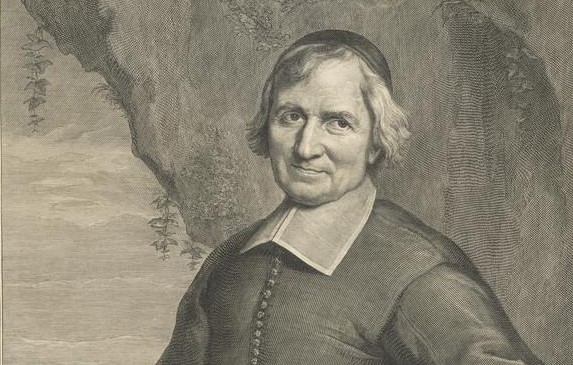He was against soft and tolerant morality: who is Antoine Arnauld?
Arnauld advocated a view that favors the application of a rational method in philosophy and the emphasis on belief in religion.

(1612-1694) French theologian. He is one of the notables of the Jansenci School. Born February 6, 1612, in Paris, died August 8, 1694, in Liege. In some sources, the place of death is given as Brussels. He was one of the twenty children of a distinguished family that has long been known for its closeness to Jansenism. His father was a well-known lawyer. He started his religious education at a young age under the influence of a priest who was close to his family. After receiving a good theological education, he became a priest in 1641 and received a doctorate in theology. He was admitted to Sorbonne University in 1643. His book Frequent communion, which was released that year, was met with a strong reaction because it did not fit with the soft and tolerant morality of the Jesuits. He had to hide for a while as the reactions grew.
In 1656, he was expelled from the Sorbonne by the Jansenists, who claimed he was approaching some of the Jesuit views. Arnauld, who was accused by the Archbishop of Paris in 1669 despite defending Catholic principles against Protestantism, immigrated to Belgium from Paris in 1679 under the pressure of King Louis XVI. He traveled to different provinces in the hope of finding a place of refuge, despite his financial difficulties and illness, he did not give up defending his thoughts and died in poverty. Adopting Augustine's idea of innate sinfulness and being affiliated with the Jansenist School, which brought strict religious rules, Arnauld criticized Descartes' "Meditations", but emulated him on some issues. Especially seeing theology as a separate field of study from philosophy under the influence of Descartes.
Experimentally, Arnauld believes that the soul, through its God-given ability to think, can grasp objects in the universe without designed thoughts and without any tools. He explains that people do not even see the necessary and unchanging truths in God, but comprehend everything with reasoning and comparisons. Thus, the first principles that rationalists believe to be innate assume a mental function.
Arnauld influenced those who came after him for a long time, especially with his thoughts on comprehending the objects in the universe, he was the pioneer of Thomas Reid and the Scottish School.
WORKS (mainly):
Frequente Communion, 1643, (“The Frequent Ceremony”);
La Logique, ou l'art de Penser, 1662 ("Logic or the Art of Thinking");
Des Vrais et des fausses idees contre ce qu'enseigne, Pauteur de la recherche de la Verile, 1683, (“True and False Reflections Against the Doctrine of the Author in Search of Reality”);
Oeuvres (d.s.), 43 vols, 1775, (“The Collected Works”);
Oeuvres philosophiques d'Arnauld, (d.s.), J-Simon (eds.), 1843, ("Works of Philosophy").
